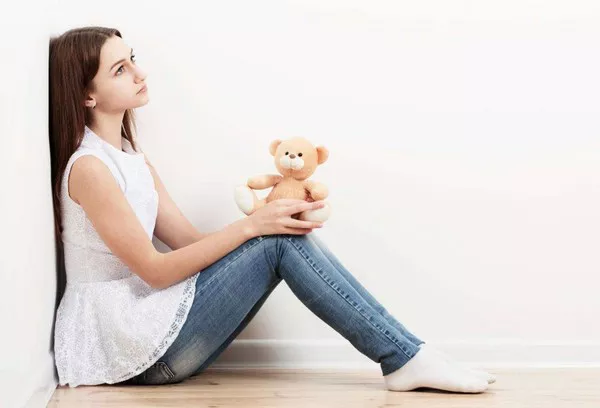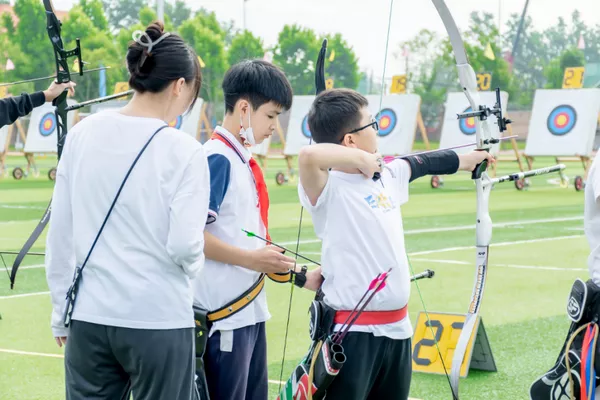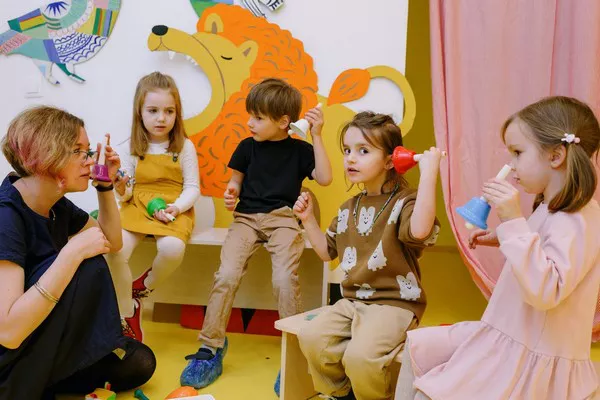The ubiquity of social media has brought mental health discussions to the forefront, but concerns are growing about the fine line between raising awareness and potential harm caused by trivialization. Individuals like Beatriz López, who has battled depression for 30 years, express dismay at how social media sometimes romanticizes mental health issues.
While acknowledging the positive aspect of normalizing conversations about mental health, López emphasizes the critical distinction between destigmatizing therapy, a personalized conversation with an expert, and turning mental health into content for attention, likes, and financial gain. “Depression is an illness that must be treated by a specialist,” López asserts, advocating for the necessity of psychiatrists over influencers.
TikTok, a popular social media platform, has witnessed nearly 44 billion views on videos tagged with #mentalhealth. The concerning shift from raising awareness to offering guidance and entertainment by untrained mental health influencers is highlighted in the report. Experts express reservations about the potential trivialization and exploitation of mental health issues for online popularity.
The report delves into the content created by influencers, such as Issey Moloney and Borja Hiriart, who use short, dramatic videos to discuss mental health symptoms and offer advice. While acknowledging the swiftness of content delivery on platforms like TikTok, mental health professionals caution against oversimplification and the potential misrepresentation of complex issues in 30-second videos.
The report also notes a broader cultural trend, with mental health becoming a prevalent topic in contemporary music, literature, and celebrity interviews. Philosopher and music producer Alex Kresovich suggests that there’s a risk of romanticizing mental health issues, contributing to their normalization in popular culture.
The report raises concerns about the role of social media in amplifying and distorting the conversation around mental health. The attention economy, driven by likes and interactions, may inadvertently fuel a cycle of stress and heightened emotions. American psychologist Scott Lyons warns of the addictive nature of dramatic online expressions, with individuals seeking validation through public sharing.
Additionally, the report highlights research indicating that 60% of young TikTok users end up self-diagnosing mental health problems. This self-diagnosis, often spurred by online interactions, can lead to the formation of online communities that may reinforce negative behaviors and labels.
In conclusion, the report emphasizes the potential harm of the reductionist, viral version of mental health discussions proliferating on social media. While acknowledging the therapeutic effect of discussing personal problems, the report urges caution in navigating online spaces, where algorithmic amplification and attention-seeking behaviors may have unintended consequences on mental health.




























